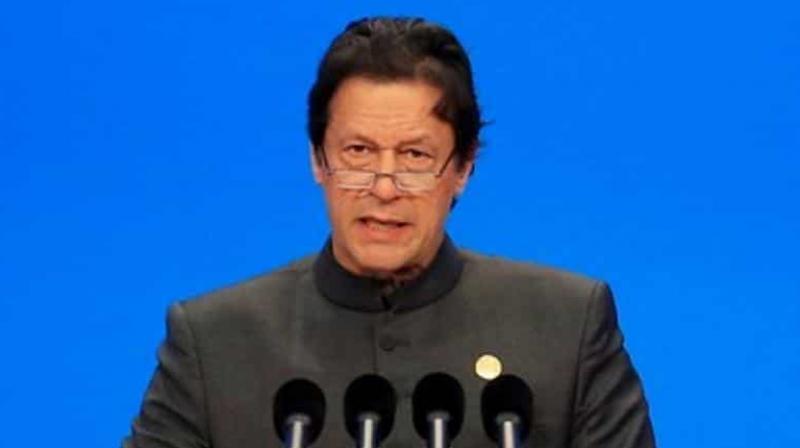Fresh approach needed for dealings with Pakistan

The recent official visit of Pakistan Prime Minister Imran Khan to the US can be deemed to be of considerable significance — in the short run and possibly the longer term — for US-Pakistan relations and for regional dynamics since Afghanistan is at the top of President Donald Trump’s mind.
Pakistan and America were the original “all-weather friends” in this region, but their ties had frayed. President Trump put it best when he said Islamabad had been duplicitous with Washington. It had taken billions of dollars in aid for rendering the service of fighting terrorism, but had done the opposite. The Trump administration blocked 1.3 billion dollars as aid to Pakistan.
With the very successful visit of Mr Khan to Washington, all this is set to change, provided the Pakistani leadership can help the US “extricate” (Mr Trump’s usage) itself from Afghanistan in concrete ways.
Islamabad is likely to do anything to deliver in order to ensure resumption of aid as well as strong political bonds. The first step will be to ensure that the Pakistan-based Taliban leaders will be amenable to a meaningful intra-Afghan dialogue, which means involving the government in Kabul, and commit to a ceasefire. In order to impress on the Americans that Mr Khan’s visit was intended to be purposeful, the Pakistan leader went accompanied by the Army chief and the ISI chief since their role will be crucial in making America’s wishes come true.
Whether Pakistan delivers cent per cent is to be seen. Its past record cannot inspire confidence. However, Islamabad, like other neighbours of Afghanistan, will be happy to see the bulk of the US fighting forces leave the country since such a scenario gives them political latitude in dealing with Afghanistan, and will seek to assist with US’s exit.
It is more than likely that Pakistan will urge the US to reach a political deal that facilitates Taliban’s path back to power in Kabul within an agreed election process or even outside of it. With the Taliban ensconced in power again, Islamabad will once more be calling the shots in Kabul.
In that event, New Delhi will be out on a limb with respect to a region that has considerable geo-strategic significance for it, no matter how much leverage India enjoys with all sections of the people in Afghanistan.
It became evident during Mr Khan’s trip that America’s wooing of Pakistan was intense because Islamabad’s help is needed to exit Afghanistan with honour. In his conversation with Mr Khan, Mr Trump went to the extent of telling him that India’s PM Narendra Modi had urged the US leader to “mediate” in Kashmir — an observation India officially refuted, but not at the prime ministerial level.
Pakistan may now be expected to step up the tempo in respect of both Kashmir and Kabul. India needs creative diplomacy and politics to advance its objectives.

